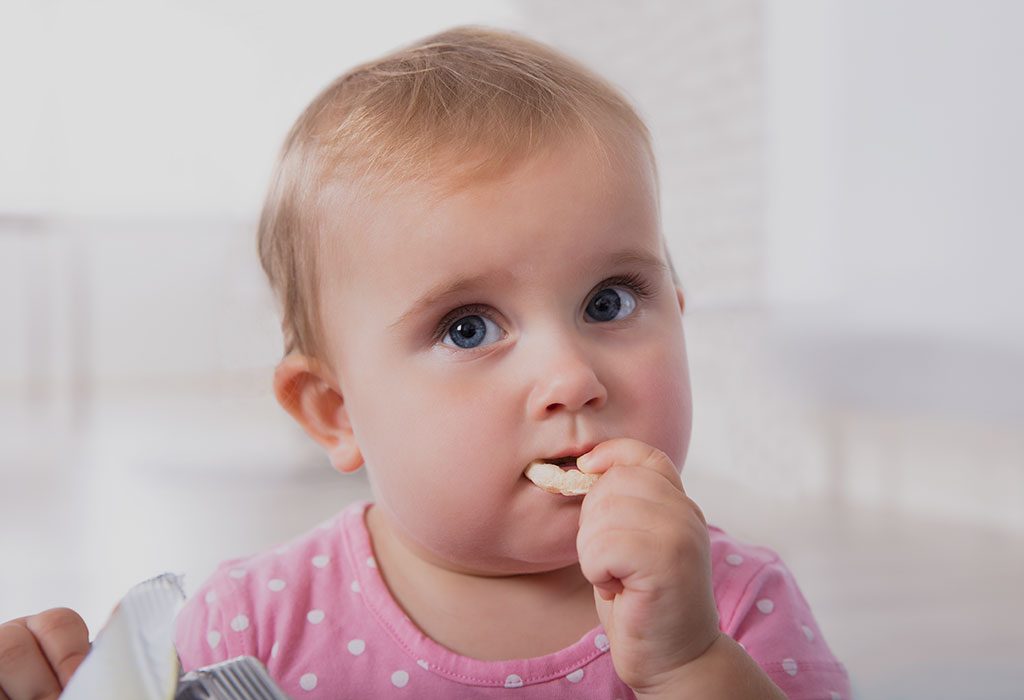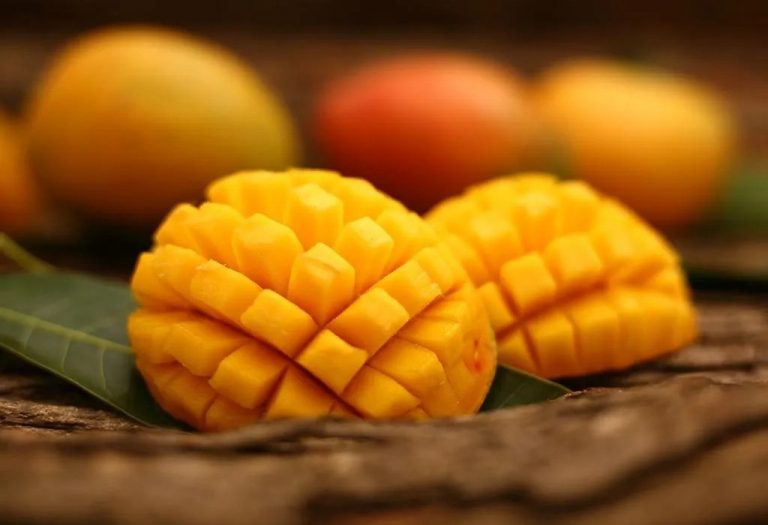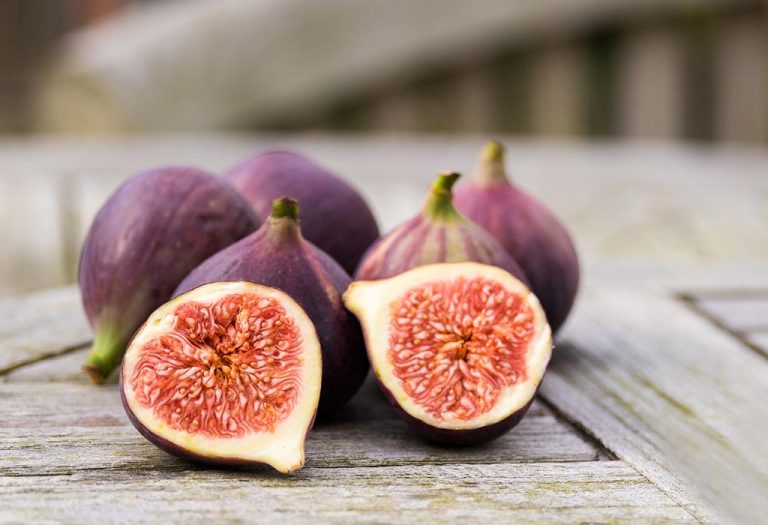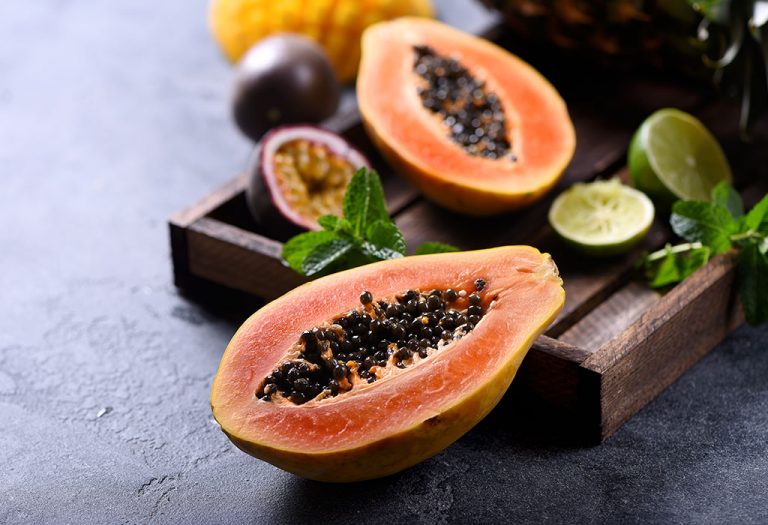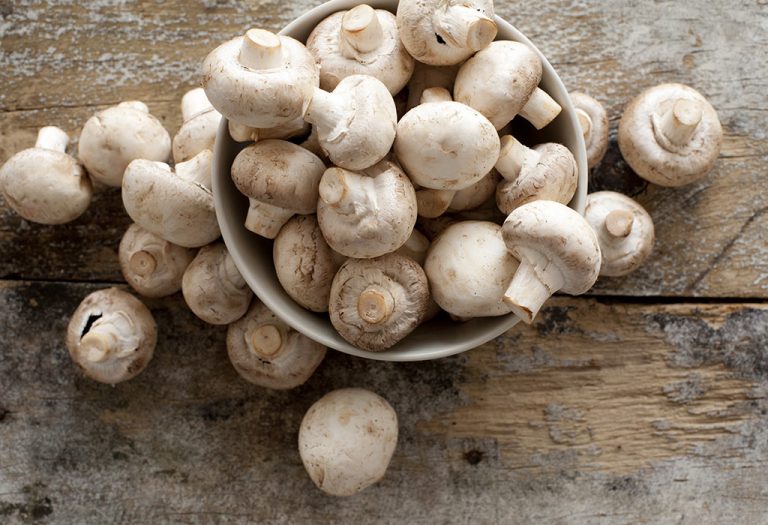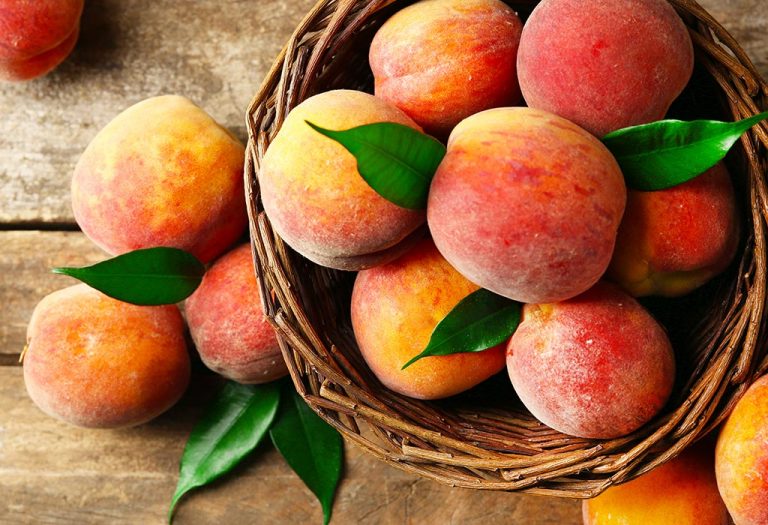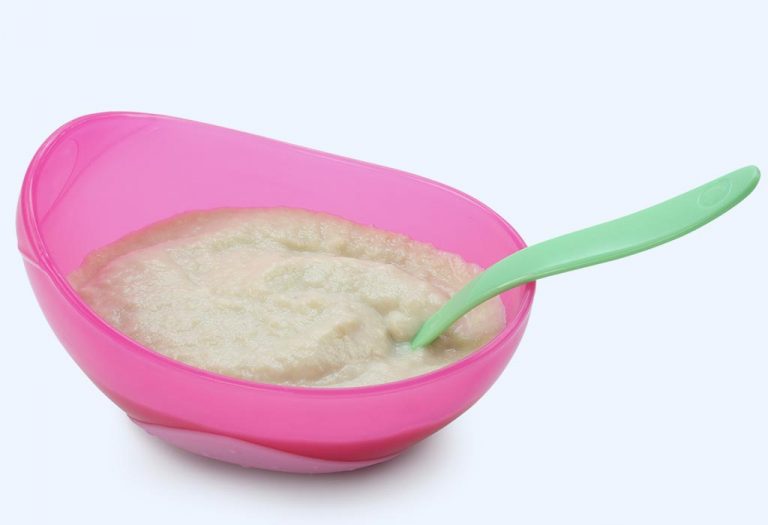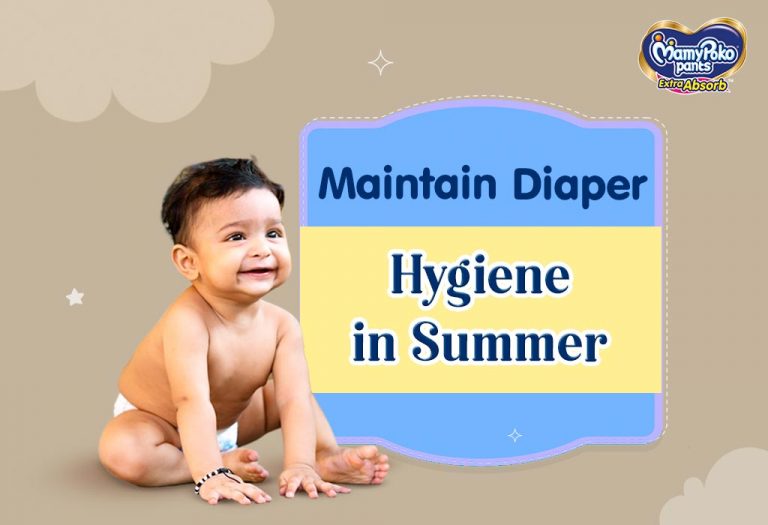Fish for Babies – When to Introduce, Benefits and Recipes

- Can Babies Eat Fish?
- When to Introduce Fish to Your Baby?
- Benefits of Fish for Infants
- How to Introduce Fish to Your Child?
- Safety Measures While Introducing Fish to Babies
- Which Fish is Safe for a Baby?
- What Type of Fishes Should You Avoid?
- Side-Effects of Fish on Babies
- How to Know if Your Infant is Allergic to Fish?
- Delicious Fish Recipes for Your Baby
- FAQs
Fish is one of the most powerful sources of protein and also the healthiest non-vegetarian source of protein. If you are a non-vegetarian, this super-healthy food is a must in your baby’s diet, but you will have to find out what fish is good for the baby before doing so. Fish for babies is one of the many hot debates because many times, parents are worried if they would harm their little one’s health by feeding them fish. While fish for babies may not be the first food to come to mind after you have started your little one solids, it could be a wise move to learn whether they can eat so their optimal nutrition is not lost.
Can Babies Eat Fish?
‘Can babies have fish?’ Yes, babies can eat fish after they start with solids, around 6-7 months age. Fish is a rich source of protein, iron, omega-3 fatty acids, vitamin D, and more that help little babies build and repair tissues and promote a healthy immune system.
When to Introduce Fish to Your Baby?
Fish is similar to any other solid food item that you will feed the baby with. It can be introduced into his diet after he is 6 months old. However, it is essential to check for any fish allergy the baby may have. In case of an allergy, it will help if you could wait till he becomes 8 months old so that the risk of allergy can be minimised. If your infant is already on a diet of cereals and other homemade items and hasn’t reacted to them, adding fish to his diet may not create any issues. In any case, it is best to check with your paediatrician before taking the decision and inform him about any family history of food allergies.
Benefits of Fish for Infants
Fish is beneficial for your baby’s health and growth in the following ways:
- It is a powerful source of protein.
- It is rich in omega-3 fatty acids so it is important to choose the best fish for baby brain development.
- Fish-meat keeps the heart healthy.
- It aids in the development of eyes and keeping them healthy.
- Fish is an excellent source of fat-soluble vitamins like A, D, E & K.
- Fish is also rich in iodine, a vital mineral that our body can’t produce.
How to Introduce Fish to Your Child?
Any new food item should be carefully introduced to your little one’s diet, and one should ensure the baby has accepted it well. Initially, do not feed your baby with a variety of fish at the same time. Instead, feed one type of fish, check your baby’s response to it and then move to the next variety. Steamed fish is easy on a baby’s digestion, and hence, it is the best way to feed fish. Shallow frying or baking is also an alternative, provided the fish is deboned, pureed and then added to your baby’s regular feed. You can also fry the fish using turmeric powder as a marinate and debone it before feeding the baby.
Safety Measures While Introducing Fish to Babies
It is recommended to take the following precautions while introducing fish in your baby’s diet:
- Make sure the fish is thoroughly cleaned before it is cooked.
- Avoid fish with high mercury content.
- Make sure you use fresh fish only for your little one.
- Raw fish recipes like sushi should be avoided.
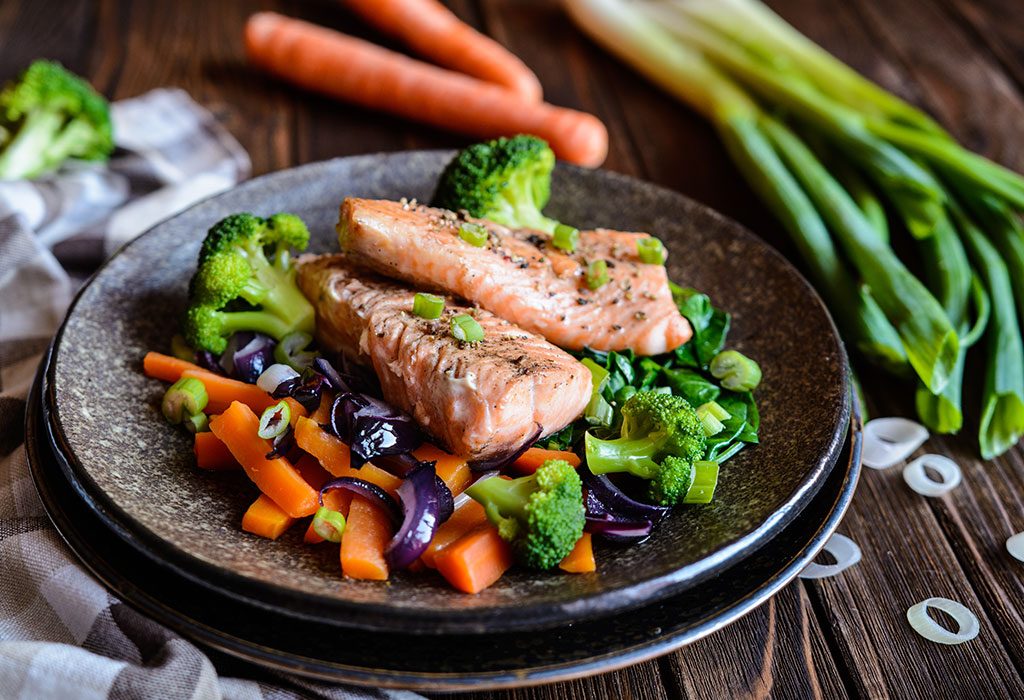
Which Fish is Safe for a Baby?
The best fishes for babies to eat are the ones that are high in protein, low in mercury content and are preferably larger in size. Larger fish means larger bones, and this reduces any scope of fish bones being lodged in your baby’s throat. The following fish are considered safe for consumption by a baby:
1. Sardine
Commonly known as tarli, this is one of the healthiest sources of omega-3 fatty acids, proteins, Vitamin D and phosphorus. Due to the high Vitamin D in them, the absorption of calcium and phosphorus is easier, and this strengthens the bones.
2. Pomfret
This fish contains Vitamin A, B3, B12, E and Niacin in abundant quantities, which are ideal for healthy skin and a robust digestive system. The mercury content in pomfrets is low, too.
3. Salmon
This fish is available in the form of rawas in India and is the safest to be added to your tiny baby’s diet. With its low mercury content and low allergy-causing contents, rawas can be the ideal fish to introduce your baby to.
What Type of Fishes Should You Avoid?
The following fish should be avoided while considering a baby’s diet:
- Mackerel: Locally known as bangda, this variety of fish is known to contain mercury in large quantities and, hence, is a no-no as far as babies and pregnant women are considered.
- Shellfish: This variety of fish consists of crab, shrimp and prawns. Although the mercury content is low, shellfish can cause allergies in infants, and hence, you should wait until your baby is at least a year old.
Side-Effects of Fish on Babies
It is important to understand the side effects of fish on babies before you add them to its meals:
- As mentioned above, many varieties of fish have a high content of mercury. This can have a lasting impact on the developing nervous systems of babies.
- Mercury in fish can have side effects on the kidneys and skin of the baby if consumed for a long period of time.
- Shellfish contain methylmercury and other harmful chemicals which have an effect on the overall growth of a baby.
How to Know if Your Infant is Allergic to Fish?
When you feed your baby with fish for the first time, you should watch out for certain symptoms:
- Rash or welts on the baby’s skin
- Swelling on the face or tongue
- Vomiting or diarrhoea
- Difficulty in breathing
- Coughing or wheezing
Delicious Fish Recipes for Your Baby
Try the following simple yet tasty fish recipes for Indian babies :
1. Fish Puree
Ingredients
- Boneless fish
- pepper or cumin powder
Recipe
- Put the fish pieces in a pan, pour water and steam it until the fish turns white.
- Remove it from the pan and add a pinch of pepper or cumin powder.
- Mash it into a fine paste or blend it and serve.
2. Fish and Carrot Puree
Ingredients
- ½ cup boneless fish
- 1 carrot
- cumin or pepper powder
Recipe
- Steam the boneless fish and finely cut carrot until they are well cooked and soft.
- Using a mixer, blend it till it becomes a puree.
- Add a pinch of pepper or cumin powder.
3. Fish Mash
Ingredients
- Any baby-safe fish (1 filet)
- 1/8 cup whole milk
- one tbsp soft or melted butter
- 1/8 cup mashed carrots
- mashed potatoes, and mashed peas each
Recipe
- Remove the bones from the fish.
- Proceed to cook the fish through steaming, poaching, or baking.
- Once cooked, shred the fish into small pieces to ensure the absence of any bones.
- Place all the prepared ingredients into a blender or dice them finely.
- Combine all the components together and serve.
FAQs
1. Can I give my baby fish from a can or jar?
It is advised not to feed canned fish to your little baby as it contains high preservatives to keep it long-lasting. Feeding them fresh and baby-safe is suggested.
2. Can I mix fish with other foods for my baby?
It is always wise to consult your paediatrician before feeding fish to your baby to rule out any chances of allergic reactions. If you are thinking to mixing it with other foods, you can do so with rice.
3. How should fish be stored and handled for baby food preparation?
It is recommended that you always prepare fish for babies using fresh fish only. If you are taking a part of the fish for the preparation, make sure to store the rest in a freezer while handling it very hygienically.
Fish for infants is a fabulous source of proteins, vitamins and minerals, thus, making it a vital ingredient to help a baby’s development. Remember, it should be consumed in moderate amounts. Check the mercury content in the fish variety if possible and you should be good to go.
Also Read:
Salmon for Infants
Giving Chicken to Infants
Benefits of Tuna for Babies



